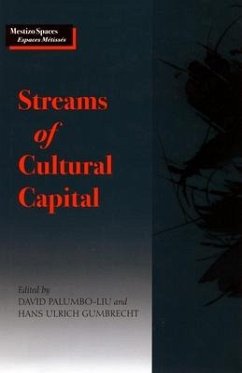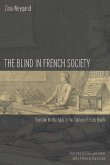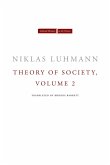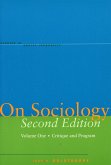This anthology examines the questions arising from the transpositions and recontextualizations of cultural objects across and between national borders: How is culture recognized, reconfigured, disseminated, appropriated, and practiced? How is cultural hegemony refused, diffused, absorbed, reproduced, and reconfigured, given the particularities of its interpolation into multiple contexts and under different pretexts by various agents? How is the materiality of culture correlated (or not) with the materiality of the economic? And how are these questions complicated by the fact that radically new technologies and modes of production have made the mass (and often illegal) (re)production and circulation of cultural objects less and less controllable and predictable and their points of origin more and more difficult to discern? Transnational movements of cultural objects challenge the notion of a simply produced, disseminated, absorbed, and practiced universal world culture that is often understood simply as an amplified single-nation model. Instead, the essays in this book focus on uneven flows of culture, multidirectional currents of cultural objects, the relative value of these objects determined by the specificity of each transaction, and, perhaps most important, the indeterminate, syncretic nature of culture as capital even as its investment evinces the desire for a particular positionality. This anthology presents both theoretical and highly empirical studies as an initial attempt to address precisely such issues regarding contemporary cultural formations and their functions. Though acknowledging the need to begin to theorize the impact of flows of cultural objects across diverse spaces, the essayists argue that these phenomena must be recognized as particular, historicized materializations of transnational movements that penetrate specifically constructed localities and demand particular scrutiny of unruly and as yet undisciplined practices. All the essays, save two, originally appeared in 1993 as a special issue of Stanford Literature Review. For this volume, the editors have written completely new essays, an Introduction by David Palumbo-Liu and an Epilogue by Hans Ulrich Gumbrecht.








